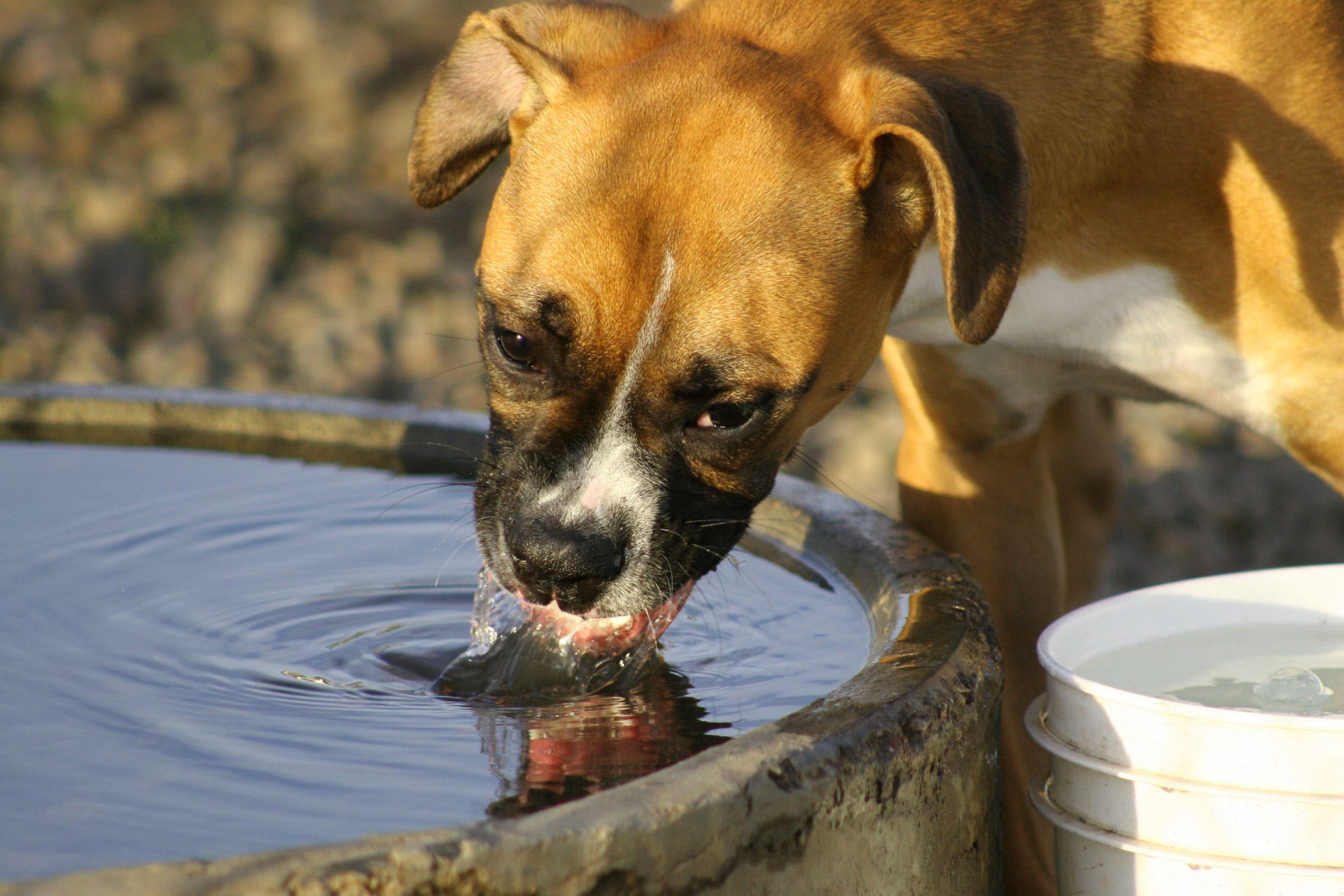
Everything About The Low Specific Gravity of Urine in Dogs Treatment
Are you a dog owner concerned about your pup’s low specific gravity of urine? If so, you’re not alone. The low specific gravity of urine in dogs can be a sign of a variety of medical issues, including kidney and urinary tract diseases, diabetes, and dehydration.
In this blog post, we’ll discuss the causes, symptoms, diagnosis, and treatments for low specific gravity of urine in dogs, so you can understand how to best take care of your furry companion. Read on to learn more!
Table of Contents
Dietary management for low specific gravity in dogs
One of the main causes of low specific gravity in dogs is a lack of proper nutrition. To combat this, it is important to ensure that your dog is receiving the right balance of nutrients and calories to maintain a healthy weight.
This includes providing a balanced diet that contains all essential vitamins and minerals, as well as enough protein and fat. Dogs that are prone to low specific gravity should be fed diets that are low in sodium and contain minimal amounts of processed foods. In some cases, a veterinarian may recommend adding additional supplements to your dog’s diet to increase their mineral intake and reduce the likelihood of low specific gravity.
It is also important to monitor the amount of water your dog drinks and make sure they have access to clean, fresh water throughout the day. If your dog is drinking excessively or urinating more frequently, it could be an indication of low specific gravity.
You should also pay attention to how much your dog eats and monitor their food intake for any changes in behavior or appetite. Making sure your dog is getting the proper nutrition can go a long way in preventing low specific gravity from occurring.
Signs and Symptoms of Low Specific gravity
The low specific gravity of urine in dogs is a condition that can lead to dehydration and other health problems. It is important to be aware of the signs and symptoms associated with this condition so that it can be identified early and treated appropriately.
The most common symptom of low specific gravity of urine in dogs is increased thirst and frequent urination. Your pet may also seem lethargic and display signs of dehydration such as dry gums and sunken eyes. These signs and symptoms are all warning signs that something is wrong, and should be addressed by your veterinarian.
Other signs of low specific gravity in dogs include urine that has a lower concentration than normal, pale or colorless urine and increased levels of protein in the urine.
Read Also: Can Dogs Have Butternut Squash?
In some cases, there may also be visible particles in the urine such as white blood cells or bacteria. It is important to keep an eye out for any changes in your pet’s urine and contact your vet if you notice anything unusual.
Diagnosis of low specific gravity
The first step in diagnosing low specific gravity in dogs is to perform a urinalysis. A urine sample will be tested to measure the number of solids and other substances in the urine. The urine will also be tested for the presence of bacteria, parasites, and other microorganisms. In addition, the pH levels of the urine will be tested to determine if there is an underlying medical condition causing the low specific gravity.
The next step in diagnosing low specific gravity in dogs is to have the animal undergo a physical examination. The veterinarian will look for signs such as dehydration, weight loss, vomiting, diarrhea, and generally poor health. During the physical exam, the vet will also examine the dog’s eyes, ears, and coat for any abnormalities.
Blood tests may also be ordered to assess kidney function, electrolyte levels, and other organ functions. Imaging tests, such as x-rays or ultrasounds, may be performed to rule out any underlying structural problems that could be causing the low specific gravity.
The vet may also take urine culture samples to identify any infection that could be causing the low specific gravity.
Once the underlying cause of the low specific gravity has been identified, the vet will be able to prescribe appropriate treatment for the animal.
Treatment options may include dietary changes, medications, supplements, or fluids. If a bacterial or fungal infection is present, antibiotics or antifungals may be prescribed to treat it. In some cases, a surgical procedure may be necessary to correct any structural issues that are causing the low specific gravity.
Treatment options for low specific gravity
- Dietary management: Depending on the underlying cause of the low specific gravity, your veterinarian may recommend a special diet that is lower in protein and/or sodium to help improve kidney function and increase urine concentration.
- Fluid therapy: Intravenous or subcutaneous fluids may be administered to help increase hydration levels and improve urine concentration.
- Medications: In some cases, medications such as diuretics or anti-inflammatory drugs may be prescribed to help improve kidney function and increase urine concentration.Management of underlying medical conditions: If an underlying medical condition such as diabetes or kidney disease is causing the low specific gravity, your veterinarian will likely focus on treating that condition to improve urine concentration.
- Follow-up testing and monitoring: Your veterinarian will likely recommend follow-up testing to monitor your dog’s urine-specific gravity and overall kidney function. Depending on the severity of the condition, more frequent testing may be necessary. Home care: In addition to any prescribed treatments, you may need to make changes at home to help improve your dog’s urine-specific gravity. This could include providing plenty of fresh water, limiting salt intake, and ensuring your dog has access to a comfortable and stress-free environment.
It’s important to work closely with your veterinarian to determine the best course of treatment for your dog’s specific condition.
References
https://wagwalking.com/condition/chemical-imbalance-of-urine